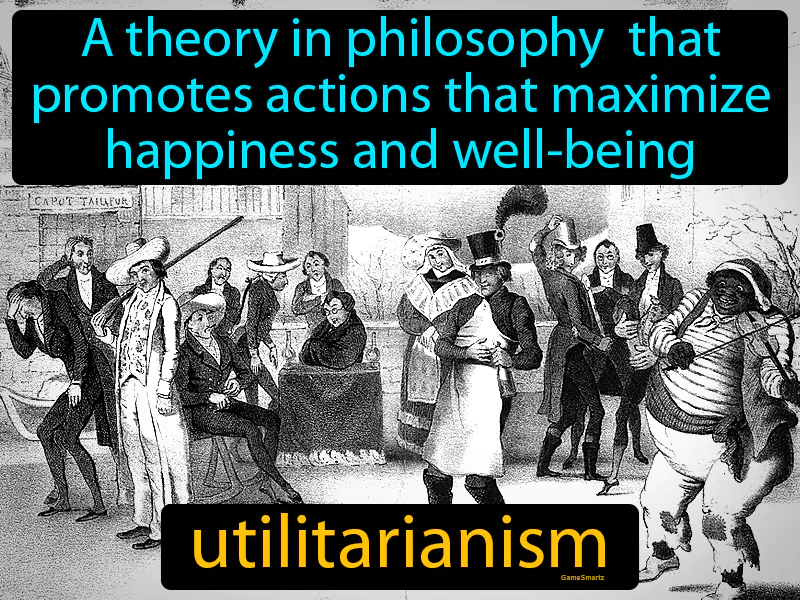Utilitarianism
Utilitarianism: Easy to understand
Utilitarianism emerged during the Industrial Revolution as a response to the harsh working conditions and social inequality of the time. Philosophers like Jeremy Bentham and John Stuart Mill argued that society should aim for the greatest happiness for the greatest number of people. This idea was important because it pushed for reforms in factories, labor laws, and education to improve workers' well-being. Today, utilitarianism still influences decisions, such as when governments create policies to address public health or environmental issues. For example, a city might implement public transportation improvements to reduce pollution and traffic, benefiting the most people by increasing convenience and air quality, reflecting utilitarian principles in action.

Practice Version

Utilitarianism: A theory in philosophy that promotes actions that maximize happiness and well-being. Utilitarianism. Historically, utilitarianism is an idea that suggests the best action is the one that brings the greatest good for the greatest number of people.